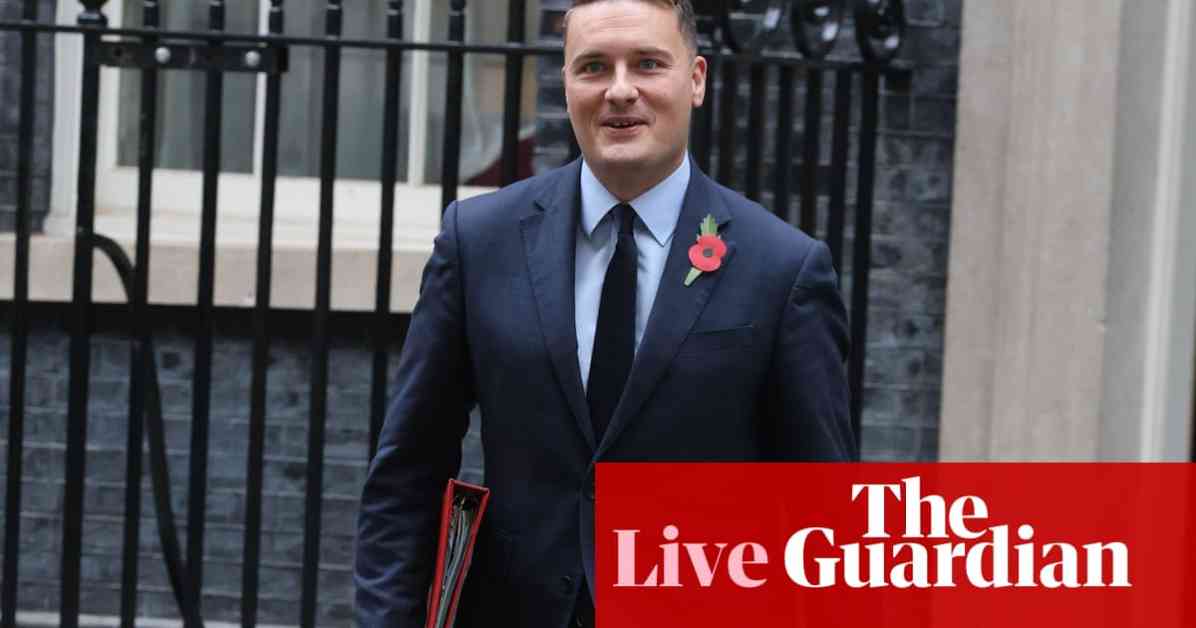The Health Secretary, Wes Streeting, has made an announcement regarding changes to pay arrangements for NHS trust chief executives. Streeting emphasized that pay will now be linked to performance, with no more rewards for failure. He highlighted the importance of attracting talented individuals to the NHS through financial incentives but stressed the need to ensure that every penny spent benefits patients.
The Department of Health and Social Care explained that the current criteria for determining chief executive pay is solely based on the organization’s turnover, neglecting factors such as the timeliness of access, quality of care, and effective management. The introduction of a new pay framework for Very Senior Managers (VSMs) will aim to clamp down on poor performance while rewarding senior leaders who successfully improve services.
On a related note, the NHS Chief Executive, Amanda Pritchard, highlighted that hospital waiting lists could have been lower if the government had approved a request for 10,000 non-temporary hospital beds during the Covid pandemic. This request, made in July 2020, was denied, leading to a backlog of treatments for millions of patients. Pritchard’s testimony at a Covid inquiry shed light on the impact of this decision on the health service’s ability to provide essential care.
Additionally, discussions surrounding defense spending revealed differing perspectives between parties. The Shadow Defense Secretary, James Cartlidge, criticized the government for failing to outline a clear pathway to reach the target of spending 2.5% of GDP on defense. He emphasized the importance of timely investments in defense infrastructure to ensure national security.
Furthermore, Sinn Féin’s Michelle O’Neill faced criticism for attending the Remembrance Sunday ceremony, with some labeling her a traitor. O’Neill defended her participation, citing her commitment to building a shared future and driving society forward. Despite facing backlash from some within the republican community, O’Neill remained steadfast in her role as a unifying figure in Northern Ireland.
In conclusion, the proposed changes to NHS chief executive pay, the impact of funding decisions on hospital waiting lists, and debates surrounding defense spending and political participation reflect the complexities of managing public services. These developments underscore the importance of effective governance, financial accountability, and public engagement in shaping policy decisions that impact the well-being of citizens.












